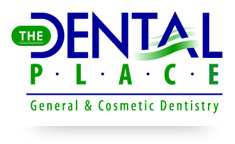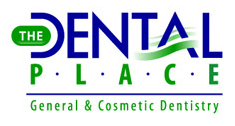17 Dec Beware of an Acidic Diet
Ask any dentist about what causes tooth decay and cavities, and an acidic diet will likely be high up in most of the replies. Although bacteria and plaque are key drivers of tooth decay and cavities, it is how these substances react with the food and drink we consume that is really the crux of the matter.
Many foods contain elements, such as sugars, which when exposed to bacteria in the mouth can be converted into acidic byproducts. Eating sweets, for example, can see the sugars in the candy react in this way, leaving a sticky acidic residue behind on the surface of our teeth. Over time, this acidic residue begins to erode the enamel of our teeth until it is removed through brushing and flossing, or by a professional dental cleaning.
Professional cleanings where plaque and tartar are removed from the surfaces of the teeth and beneath the gumline, and a comprehensive dental exam are important steps in maintaining healthy teeth and gums.
However, when we eat the next sweet, the cycle begins again and we put our teeth under threat once more. It isn’t just sweets either as many foods and drinks contain sugars or carbohydrates which can alter the levels of acidity in our mouths and react with the varied bacteria that are present.
Acid reflux too can have an impact on the health of our teeth, and foods which can encourage heartburn or reflux can encourage the development of increased levels of acids in the mouth while also introducing additional gastric acids to put the mouth under further threat.
It is important then to try to regulate the saliva levels in our mouths. Saliva is a natural defence mechanism of the body which acts as a barrier to mouth acids, and its purpose is to rinse away the acids and bacteria that can attack and harm teeth. However, saliva production can be compromised in several ways, including bouts of dry mouth and a lack of fluid intake. When this happens, the bacteria and acids can wreak havoc in the mouth.
To combat the problem, regular visits to a dentist can help. Professional cleanings where plaque and tartar are removed from the surfaces of the teeth and beneath the gumline, and a comprehensive dental exam are important steps in maintaining healthy teeth and gums. Advice on how to combat the proliferation of acids through dietary changes and self-help techniques such as chewing gum to stimulate saliva production may also be given.

